Comprehensive Soil Testing
Ensure the success of your agricultural, construction, or environmental projects with our precise soil testing services.
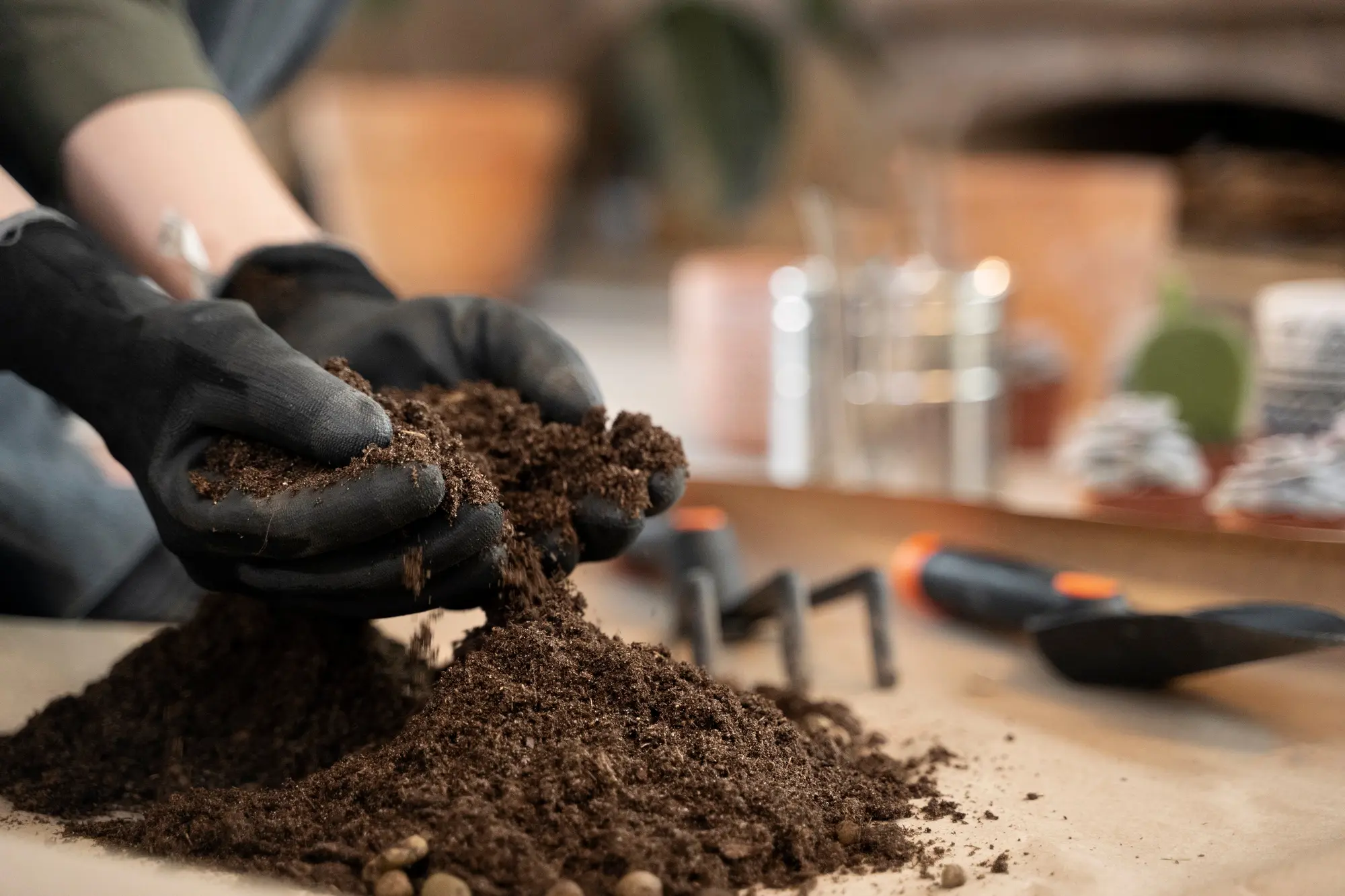
Why Soil Quality Matters - Need of Soil Testing Lab
Soil quality plays a crucial role in agriculture, construction, and environmental sustainability. Testing soil ensures that it has the right composition for farming, building, and landscaping. Without proper assessment, soil may lack essential nutrients or contain harmful contaminants. Our Soil Testing Lab provides precise data to help farmers, engineers, and businesses make informed decisions.
If you are searching for a Soil Testing Lab Near Me, SCK Testing Labs advanced facilities offer accurate analysis for all your needs.
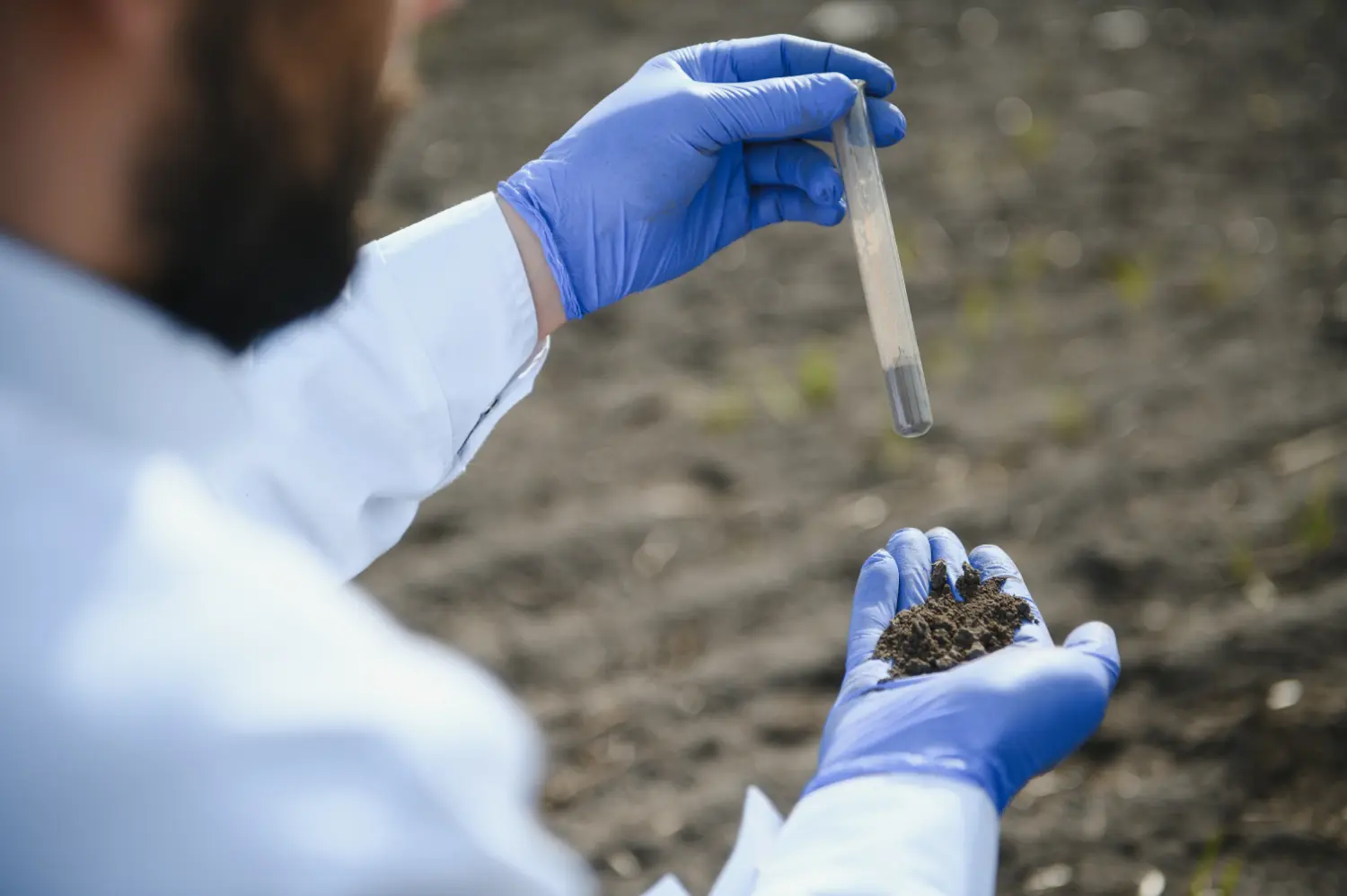
Best Soil Testing Lab – Ensuring Safe Soil for You
At SCK Testing Labs, we specialize in providing reliable soil analysis to support agricultural productivity, structural integrity, and environmental safety. Our Soil Testing Laboratory uses advanced techniques to assess nutrient levels, contamination risks, and overall soil health.
Whether you need testing for farming, construction, or industrial purposes, our Soil Sampling Labs ensure precision and accuracy.
Searching for a Soil Testing Lab near you? Contact SCK Testing Labs for comprehensive analysis and expert consultation.
Why Choose SCK Testing Labs?
Our Soil Testing Lab Service Offerings
SCK Testing Labs ensures detailed and accurate reports to guide your soil management strategies. We offer a wide range of soil analysis services to ensure quality and sustainability, including:

pH Levels
Determines soil acidity or alkalinity, crucial for plant health.

Conductivity
Measures soil’s salinity and nutrient absorption capacity.

Organic Matter & Organic Carbon
Assesses soil fertility and microbial activity.

Calcium Carbonate & Silica
Essential for construction stability and soil structure.

Calcium, Sodium, Potassium
Key nutrients tested at our Soil Sampling Labs for soil enrichment.

Sulphate & Chloride
Evaluates chemical composition for safe agricultural and construction use.

Importance of Soil Testing
How Does Our Soil Testing Process Work?
01.
Sample Collection
Gather soil from multiple locations for accurate assessment.
02.
Laboratory Analysis
Conducted at our Soil Testing Laboratory using advanced equipment.
03.
Detailed Reporting
CK Testing Labs provides a comprehensive breakdown of soil components.
04.
Expert Consultation
Receive actionable insights from our professionals at Soil Sampling Labs.
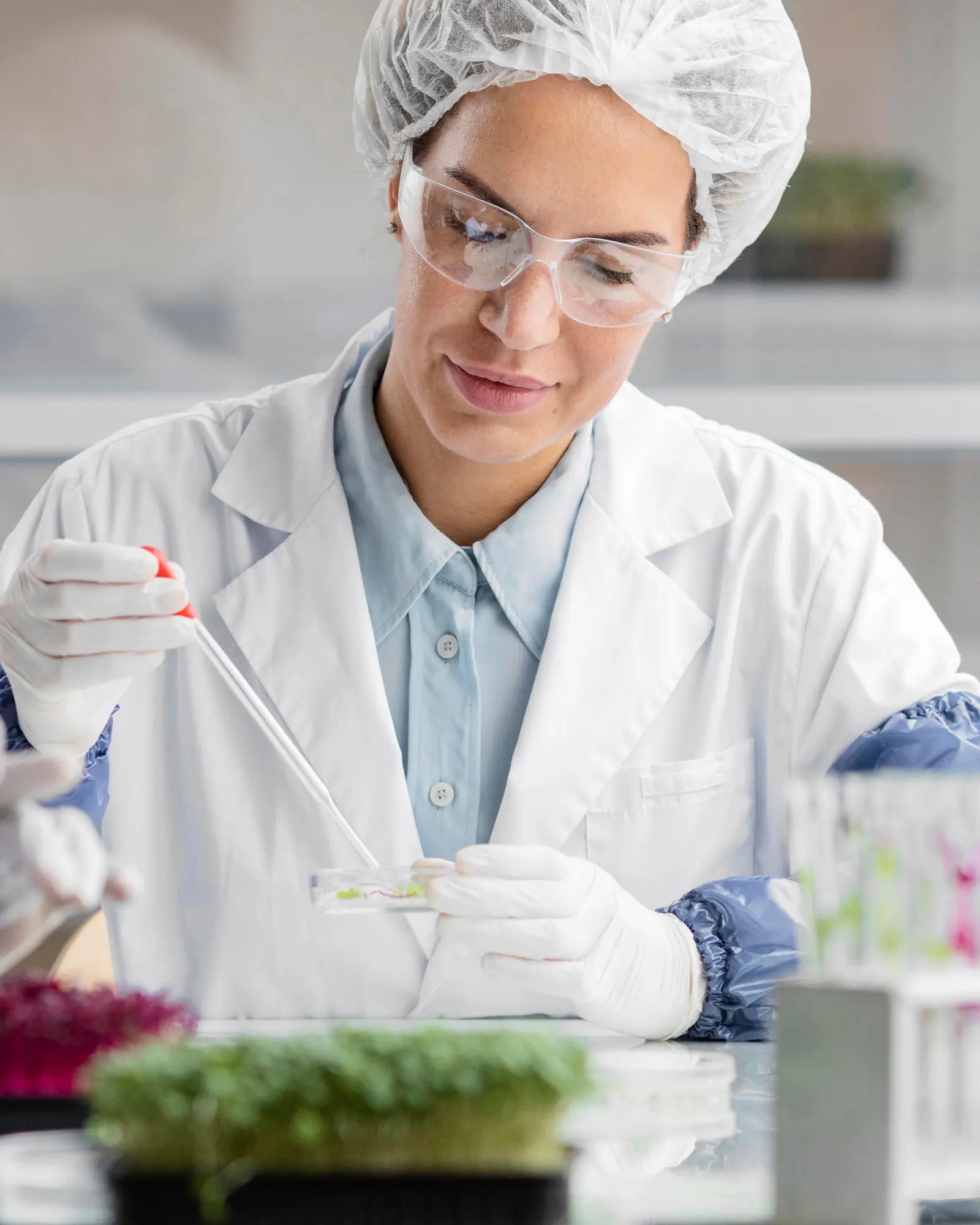
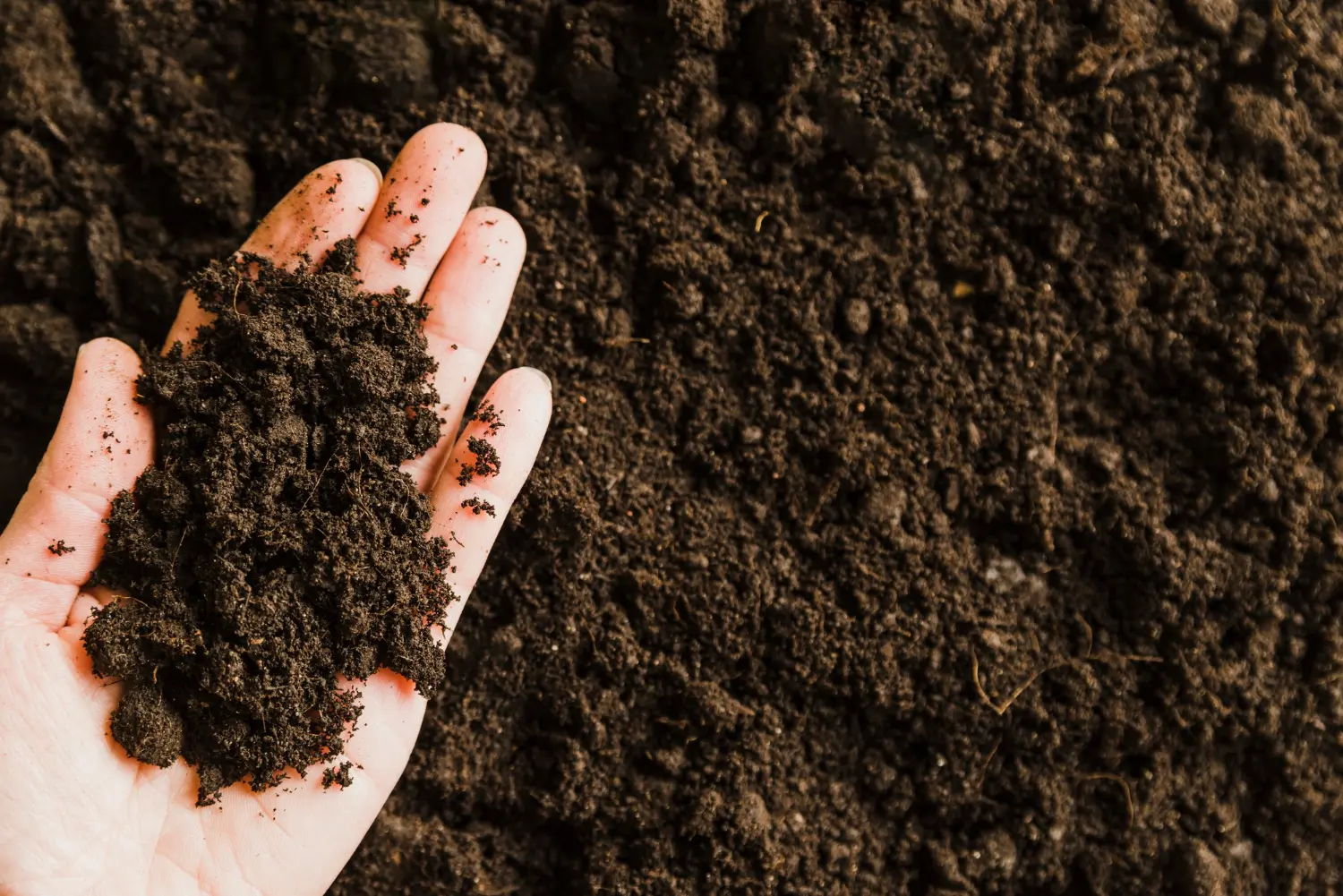
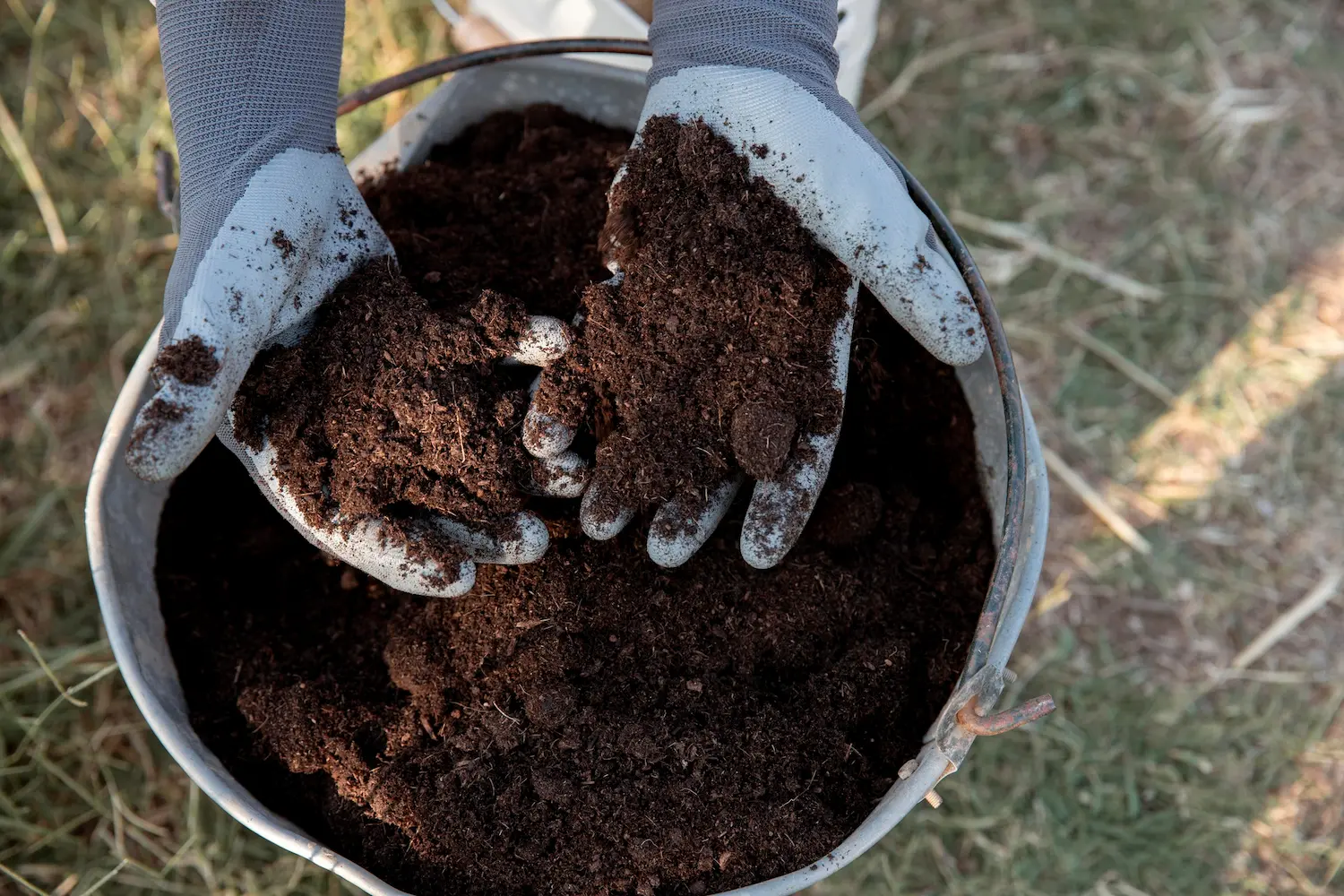
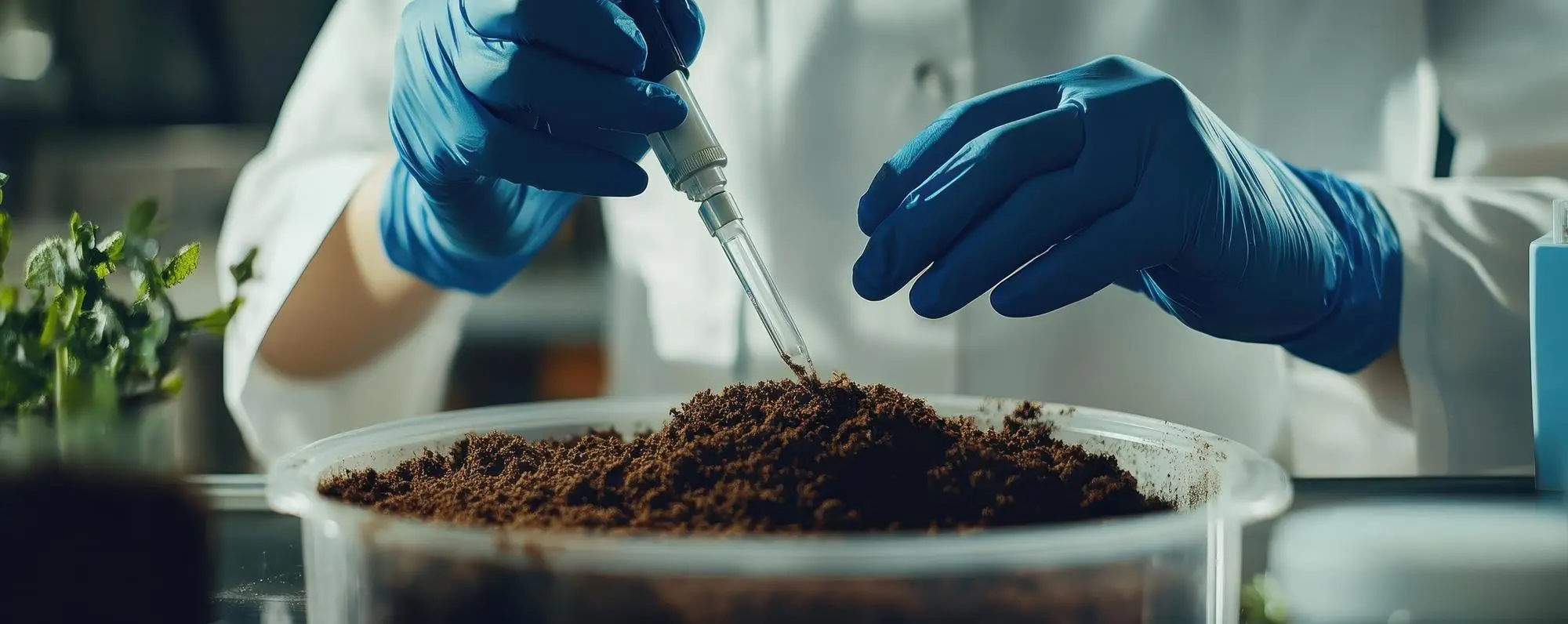
Benefits of Regular Soil Testing
Soil Testing Lab for Businesses and Industries
Industries and businesses benefit from soil analysis in multiple ways:
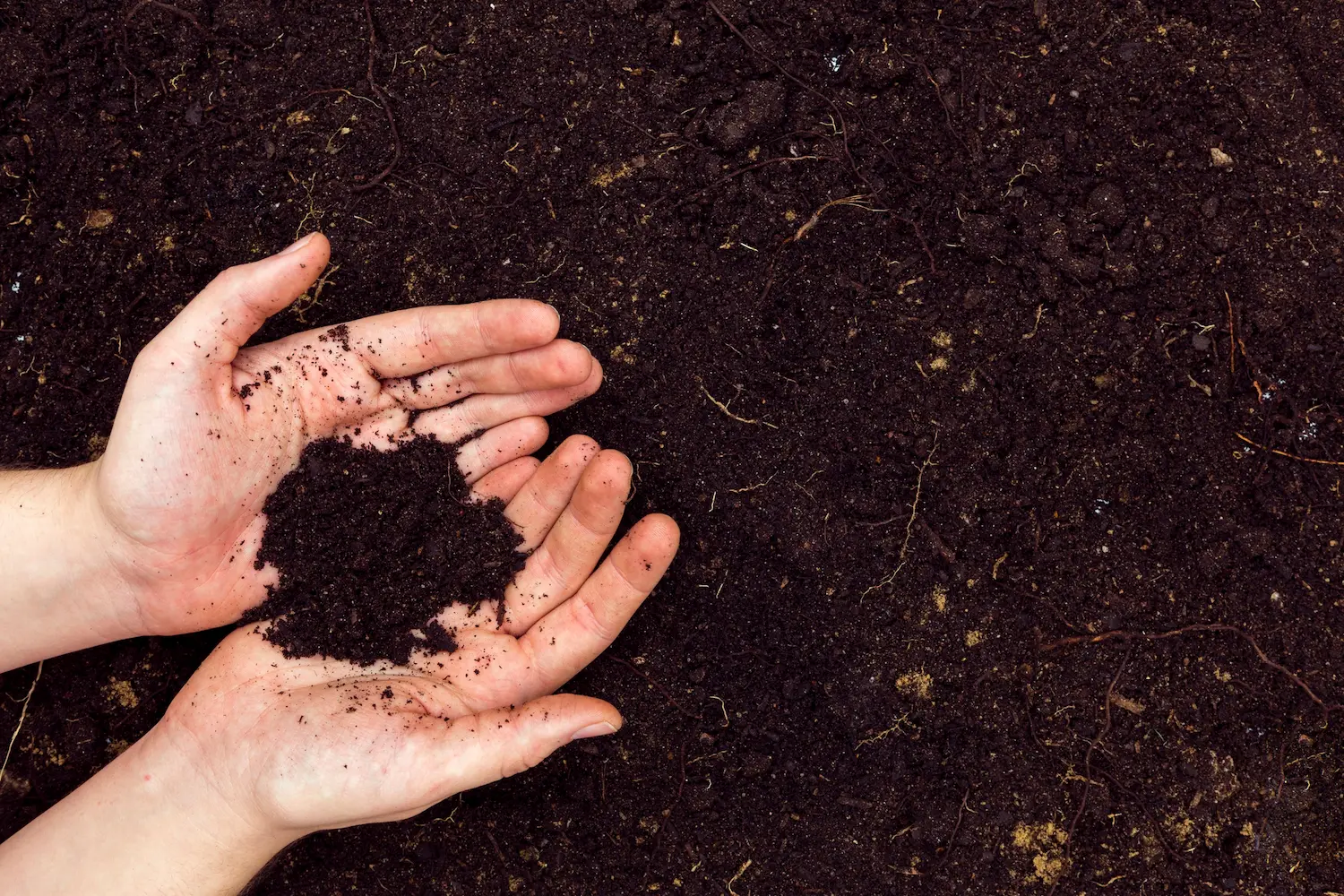
Faq's
Frequently Asked Questions
A Soil Testing Lab analyzes soil properties to determine its nutrient content, chemical
composition, and contamination levels.
Our Soil Testing Laboratory provides professional and accurate soil analysis services
across multiple locations.
We perform pH, nutrient, contaminant, and structural assessments in our Soil Sampling
Labs.
Testing at our Soil Testing Lab helps farmers optimize soil conditions for better crop
growth.
Engineers use Soil Testing Laboratory data to ensure land stability before building.
SCK Testing Labs recommends annual testing for agriculture and pre-construction
evaluations.
Yes, our Soil Sampling Labs analyze soil for contaminants like heavy metals and
pesticides.
Pricing varies based on testing requirements; contact our Soil Testing Laboratory for
details.
Our Soil Testing Lab Near me typically delivers results within 5-10 business days.
Our Soil Sampling Labs offer expert recommendations to enhance soil health based on
test results.
GET IN TOUCH
Get accurate and reliable results for every test.
At SCK Testing Labs, we ensure precision and quality in every analysis to meet your testing needs.
Schedule your test today and experience trusted excellence!
